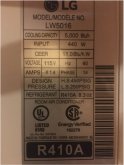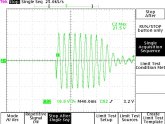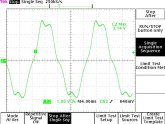Blkbird
New Member
- Joined
- Aug 8, 2020
- Messages
- 3
I plan on putting 600w of solar panels on the roof of a small camper. The Panels will be able to tilt so I can get as much power as I can. My main use is to run a 5000 BTU AC tha draws 450w in the summer and a 500w space heater in the winter & a few little items like phones, tablets and led lights. I plane on buying one or two Battle Born Batteries. Heres my question, If I run the AC during the heat of day will the 600w keep the battery(s) charged up for the evening to charge the little stuff.
Dean
Dean





